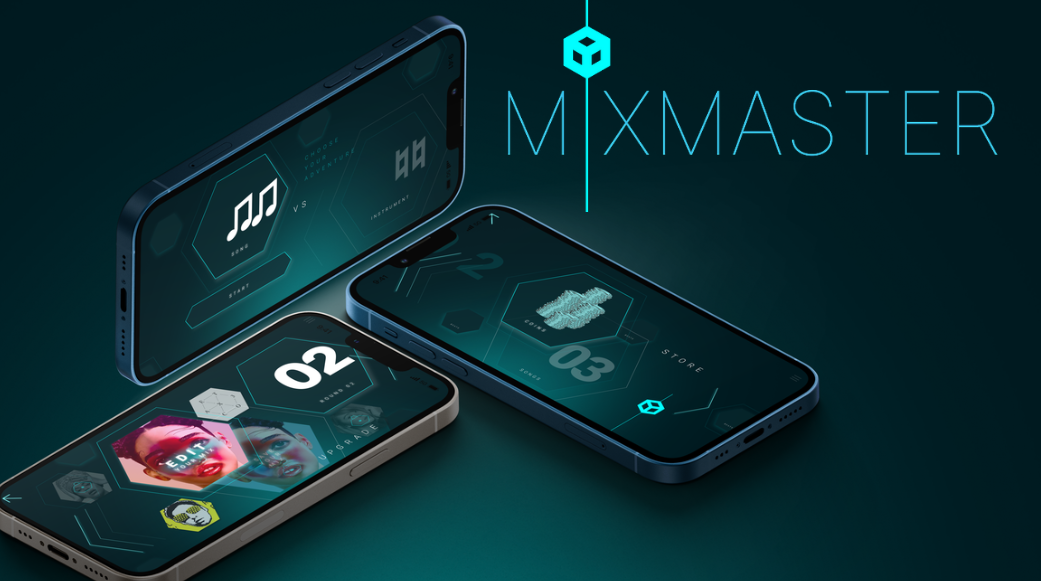
October 23, 2025
Discover how Mix Master strengthens your brain just like an instrument - training focus, creativity, and emotional intelligence through the science of sound.
Read more.png)
September 8, 2025
Tools like Suno are now powerful enough to generate melodies, lyrics, and even full songs in seconds. That’s exciting—and controversial. Just ask Timbaland. Recently, he came under fire..
Read more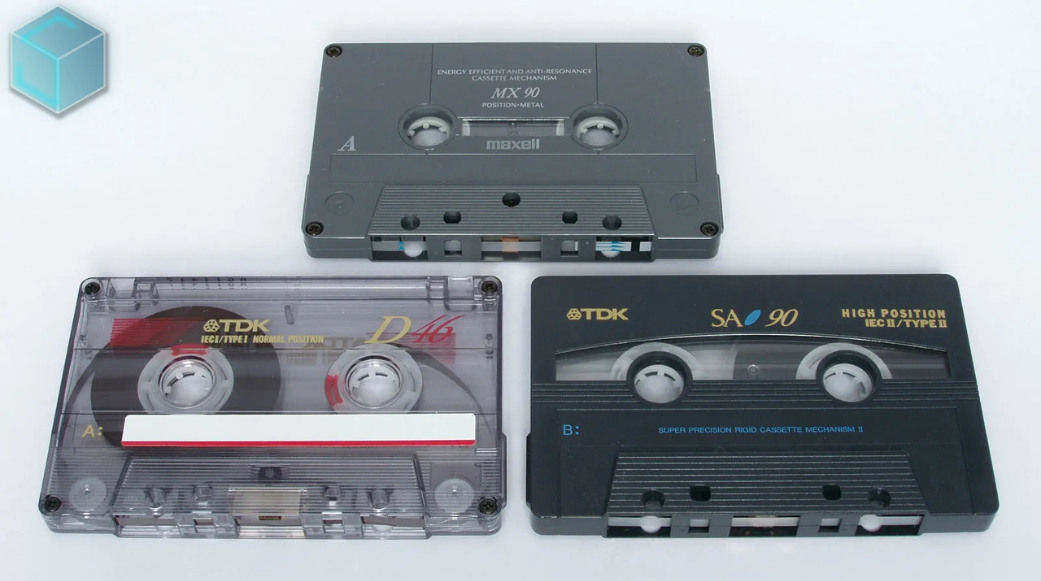
August 23, 2025
The 1980s and 1990s analog music medium known as cassette cassettes is experiencing an unanticipated comeback, with Gen Z spearheading the trend. Taylor Swift, who included cassettes in the release...
Read more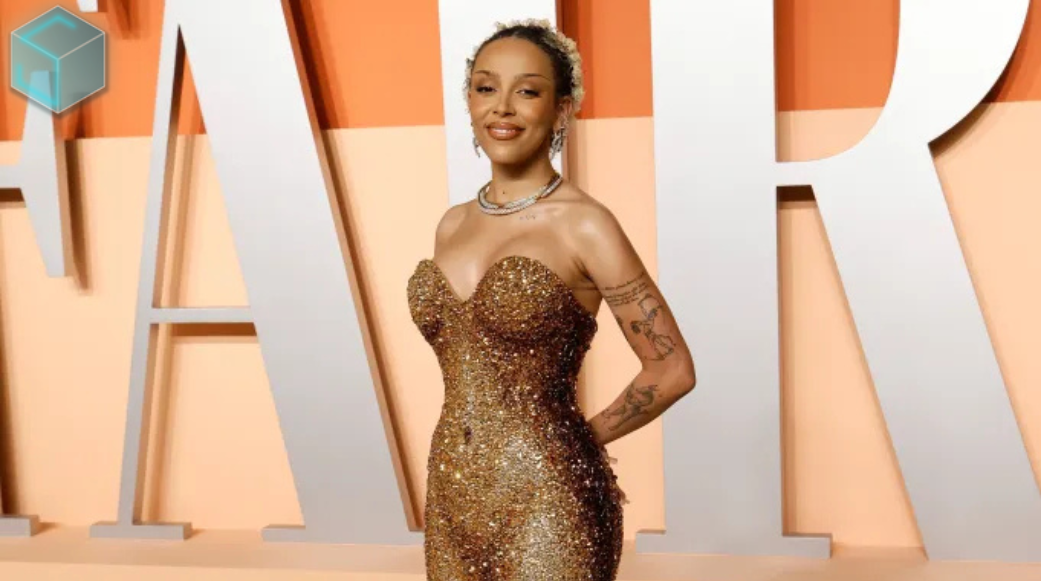
August 23, 2025
This week's most notable headline: Doja Cat's erotically charged, '80s-inspired music video, "Jealous Type," is dominating social media feeds and cultural discourse, marking her most daring...
Read more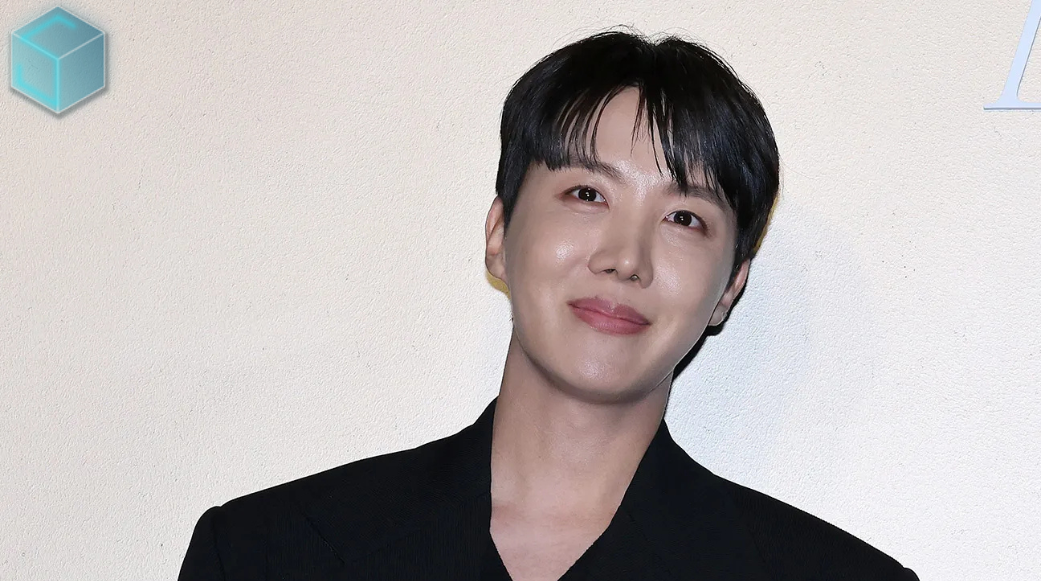
August 23, 2025
J-hope and GloRilla's "Killin' It Girl," a spectacular blend of K-pop flare and shameless hip-hop heat that has taken the world by storm, is this week's winner of the Best Collaboration of Summer...
Read more
August 23, 2025
Carly Rae Jepsen is giving fans the ultimate gift for the 10th anniversary of her critically adored album Emotion: a special edition featuring four never-before-heard tracks and two fresh remixes...
Read more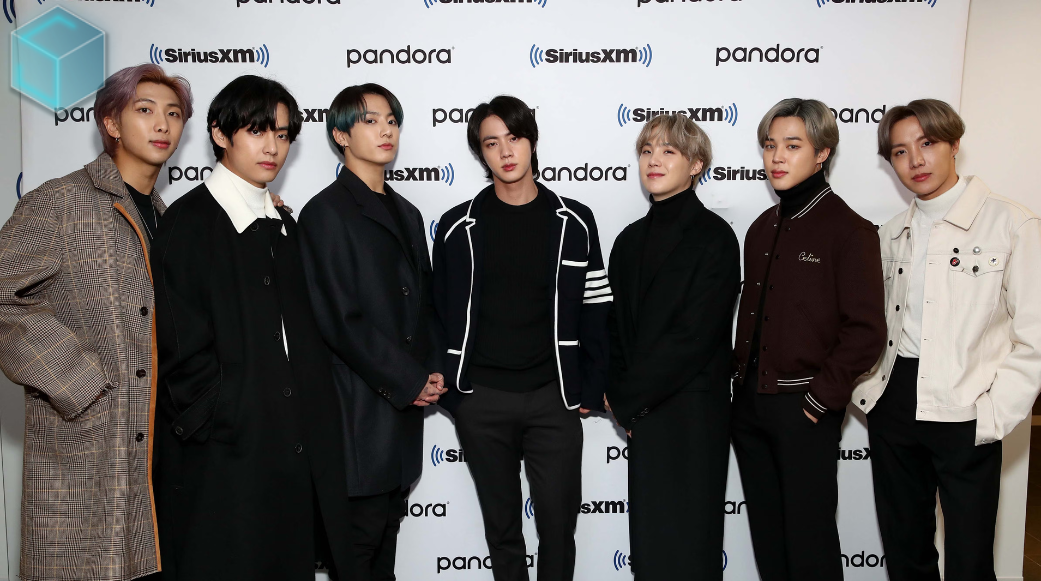
August 23, 2025
The wait is over, ARMY! BTS is officially back together and balancing work and play in their first moments of reunion after completing mandatory military service. J-Hope sent fans into a frenzy...
Read more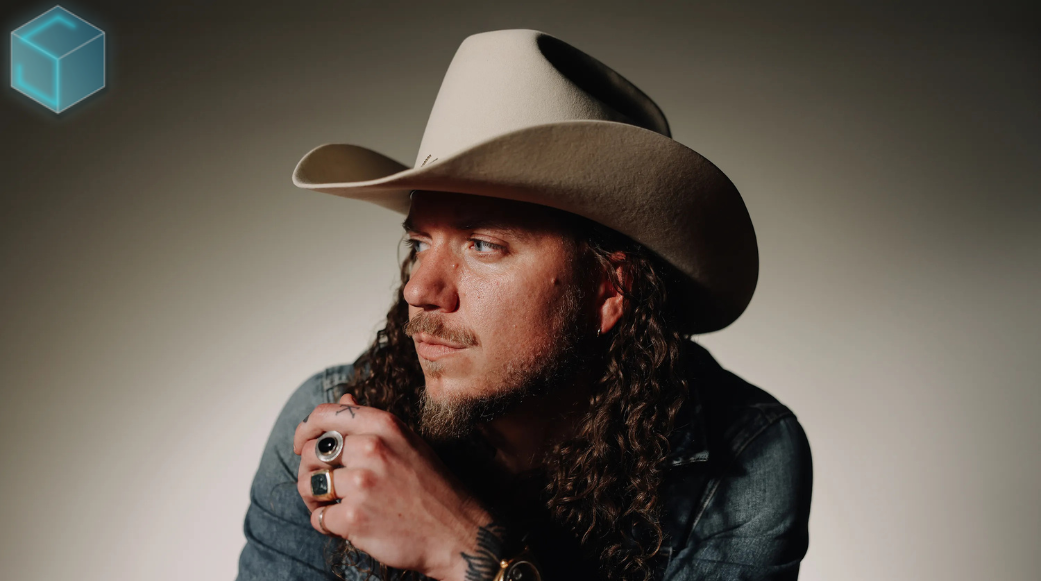
August 23, 2025
Christian music stepped outside of its quiet comfort zone in 2025. "Hard Fought Hallelujah," a worship song by Brandon Lake, went platinum, sold out festival stages, and exploded from churches to...
Read more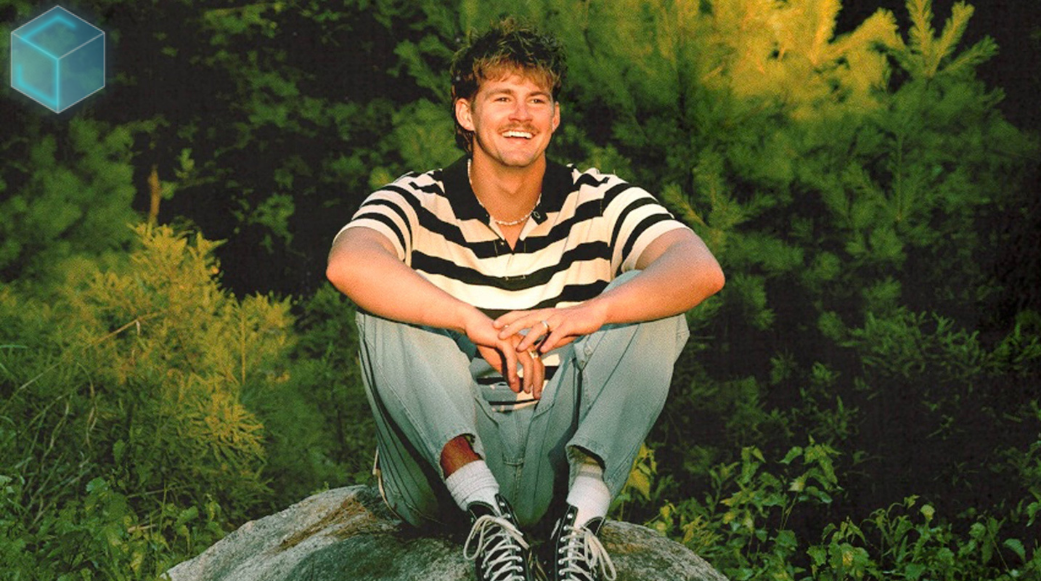
August 23, 2025
In late July 2025, Christian artist Forrest Frank (of Surfaces, now a solo juggernaut in faith-pop) posted from a hospital bed: he’d fractured his L3 and L4 vertebrae in a skateboarding accident...
Read more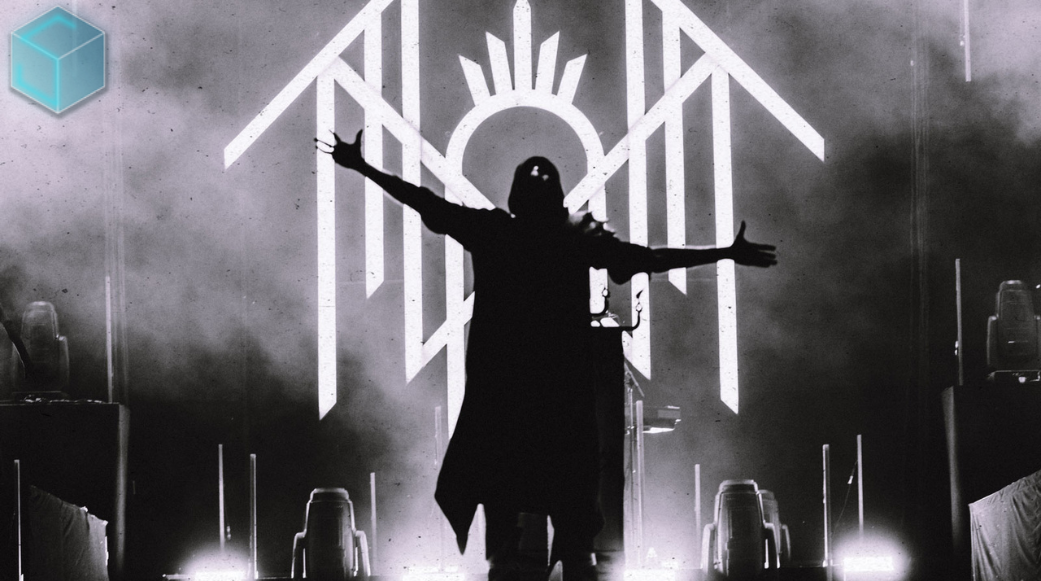
August 21, 2025
On September 16, the masked metal phenomenon Sleep Token will embark on their 2025 "Even In Arcadia Tour" across North America. The 18-show tour, which includes a huge date at Brooklyn's Barclays...
Read more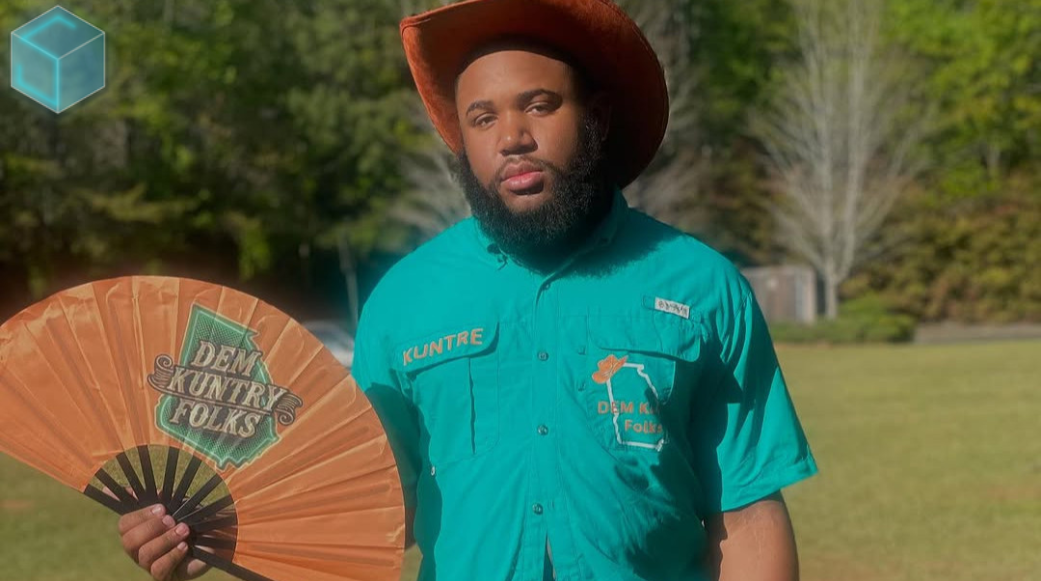
August 21, 2025
Due to a line dance that went viral and won over fans' hearts both inside and outside of the United States, 22-year-old Tre Little's song "Boots on the Ground" has become a cultural sensation this...
Read more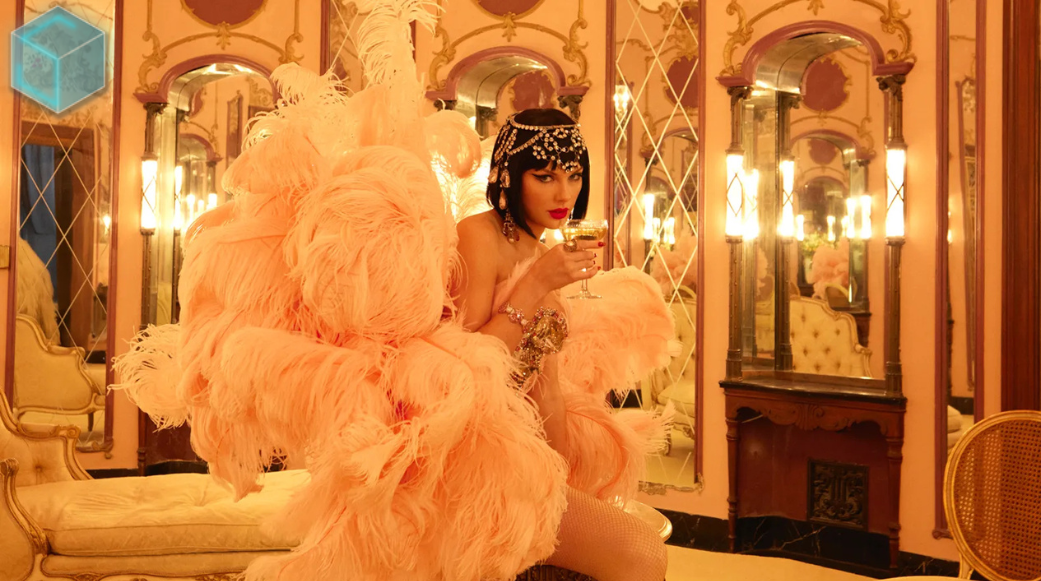
August 21, 2025
In addition to preparing for her next album, The Life of a Showgirl, Taylor Swift is reviving the physical medium this week by putting her songs on cassette tapes. This sentimental action...
Read more.png)
Photo credit: Prince Williams/Wireimage
Artificial Intelligence (aka AI) is not a new thing. It has been used for various purposes like social media algorithms and Siri on your phone. However, for the first time, AI is being used in creative industries, including the music industry.
The latest example of AI in music is the song “Heart on My Sleeve.” What was originally believed to be a song sung by Drake and the Weeknd turned out to be an AI imitation of the artists’ voices.
The anonymous poster uploaded the song to various streaming platforms and marketed it as if it was a real song. As such, the song got millions of plays across these platforms before being taken down by Universal Music Group (Drake and the Weeknd’s record label) due to intellectual property violations.
Although “Heart on My Sleeve” is no more, its very existence raises the question of how advancements in AI technology will affect the music industry as a whole.
Before we can get into that, you need to know how this type of AI works.
In the case of music, generative AI technology is the main type used. This AI analyzes the data provided to it to generate its own version. Data can include but is not limited to, images, text, or audio. For AI-generated music, the AI analyzes various clips of an artist’s voice and creates songs that contain a voice similar to the artist.
Now that that’s out of the way, how is AI affecting the music industry? Like many forms of technology, AI can be helpful or harmful depending on how it's used.
For example, AI could threaten the rights of artists to their music. We know that artists own their musical compositions and recordings, but what about the sound of their voices? It seems obvious that something so unique to each person is automatically protected; however, this is merely an assumption.
If AI needs already-existing voices to function, then it enters into that confusing territory surrounding artists’ rights to their voices. What are these rights?

Photo credit: Jay Vollmar/The Washington Post
First, artists should have the right to choose whether their voices can be used by these AIs. With how easy to access and widespread music is nowadays, it's easy for people to circumvent asking the artist for permission.
Second, artists should have the right to receive compensation for the use of their voices. This can be difficult if people are using the artist’s voice without permission. Given how quickly AI can create imitation songs, it would be hard to track down each and every song that uses their voice.
Not only are artists’ rights potentially threatened, but AI creates more competition for working musicians. All those musicians that create everything from commercial jingles to film scores suddenly have to compete with royalty-free music generators. In an already competitive market, AI’s introduction could greatly affect these musicians’ livelihoods.
Another less obvious problem is AI increases race issues within the music industry. One of the biggest testing grounds for AI is rap music. Given that rap is known to be mainly made by Black people, AI introduces a new power dynamic. Lauren Chanel, a writer on tech and culture, explains it well:
“It’s another way for people who are not Black to put on the costume of a Black person — to put their hands up Kanye or Drake and make him a puppet — and that is alarming to me. This is just another example in a long line of people underestimating what it takes to create the type of art that, historically, Black people make.”
With all these potential problems in mind, are there any pros to AI in music? Of course!
If it’s gone about the right way, AI introduces many creative possibilities into the industry. An artist is generally limited to what they or people around them can come up with for their music. With AI, anyone around the world can use their voice and music in ways that the original artist may never have thought of.
However, the only way these possibilities will be ethical is if the artist themselves gives permission. If you want AI to be taken seriously in the music industry, consent from artists is the key.
If you’d like to read an in-depth article on “Heart on My Sleeve,” check out the New York Times article here.

Photo credit: Dala Malaya/Witech